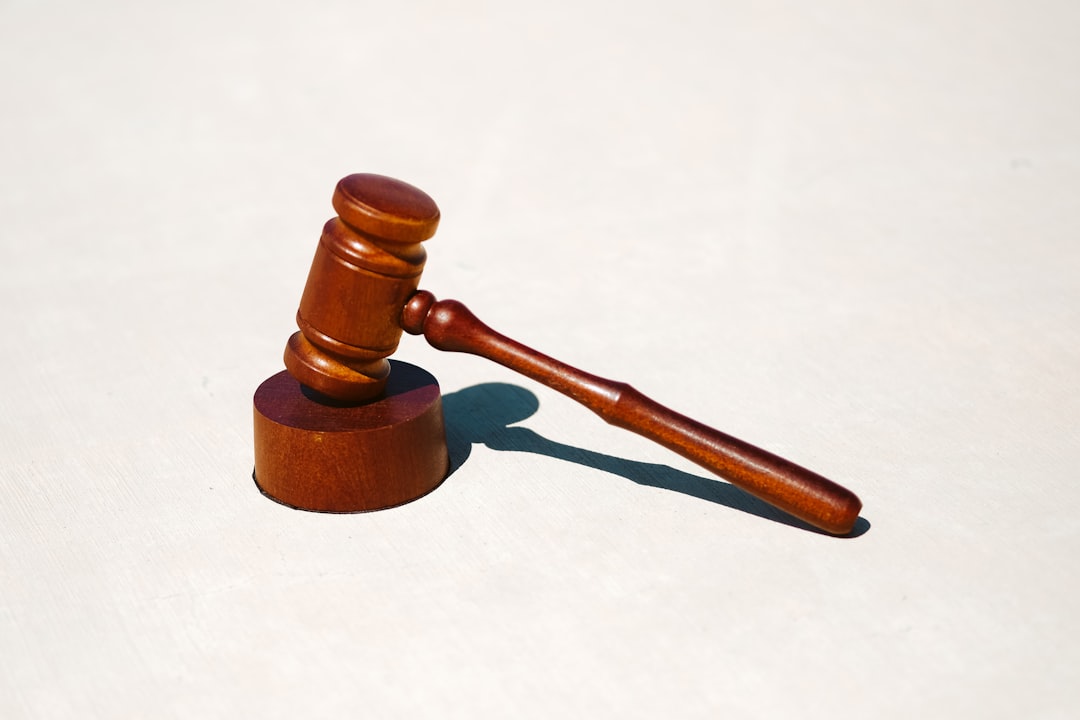In Illinois, where sexual assault cases are sadly all too prevalent, securing competent legal representation can be pivotal. A skilled sexual assault lawyer navigates the complex web of state laws, offering critical support to survivors. This article guides you through understanding Illinois’ sexual assault laws and highlights key qualifications to seek in a lawyer. We explore the essential role these attorneys play, emphasizing their impact on your case outcomes. Additionally, we provide insights into accessing legal aid and support services tailored to these sensitive cases.
Understanding Sexual Assault Laws in Illinois

In Illinois, sexual assault laws are designed to protect victims and hold perpetrators accountable. A skilled sexual assault lawyer in Illinois is crucial for navigating this complex legal landscape. These laws cover a range of offenses, from unwanted touching to forcible rape, with penalties varying based on the specifics of each case. Understanding these laws requires knowledge of consent, the elements required to prove assault, and the rights of both victims and accused.
A qualified attorney can explain these nuances, ensuring their clients receive fair treatment. They advocate for victims, helping them to understand their options, from pressing charges to seeking civil damages. With intimate knowledge of state legislation and court procedures, a sexual assault lawyer in Illinois guides clients through every step, aiming to achieve the best possible outcome.
Qualifications and Expertise to Look for in a Lawyer

When searching for a skilled sexual assault lawyer in Illinois, it’s crucial to consider their qualifications and expertise. Look for attorneys who specialize exclusively in criminal defense, particularly in cases involving sexual offenses. This level of specialization ensures they have an in-depth understanding of Illinois’ intricate laws related to sexual assault.
The best candidates will possess extensive trial experience, successfully advocating for clients facing similar charges. They should be well-versed in forensic evidence, witness examination, and the complexities of sexual assault cases. Additionally, a strong track record of achieving positive outcomes, including acquittals or reduced charges, is a testament to their effectiveness as your legal representative in Illinois courts.
The Role of a Skilled Attorney in Your Case

When facing charges related to sexual assault in Illinois, having a skilled sexual assault lawyer by your side is paramount. These attorneys are equipped with extensive knowledge of state laws and regulations specific to such cases. They understand the complexities involved, including gathering evidence, interviewing witnesses, and navigating the legal process.
A competent sexual assault lawyer in Illinois will provide invaluable support throughout your case. They’ll ensure your rights are protected, offer strategic guidance, and advocate for a fair outcome. Their expertise can make all the difference, guiding you through what can be a challenging and emotionally taxing process.
Accessing Legal Aid and Support Services

In the aftermath of a sexual assault, seeking legal aid is a crucial step towards justice and healing. Many victims in Illinois state may feel overwhelmed and unsure where to turn. Thankfully, there are specialized services and support networks designed to assist individuals who have experienced sexual violence. A skilled sexual assault lawyer in Illinois can guide survivors through the complex legal process, ensuring their rights are protected. They understand the sensitive nature of these cases and provide a safe space for clients to share their stories.
Legal aid organizations often offer free or low-cost services specifically tailored to sexual assault cases. These resources include counseling, advocacy, and representation in court. Many Illinois-based non-profit groups have experienced legal teams dedicated to supporting survivors and holding perpetrators accountable. By connecting with these services, victims can navigate the legal system while receiving emotional support, ensuring they receive the justice they deserve for their traumatic experiences.






